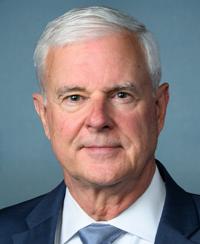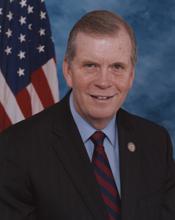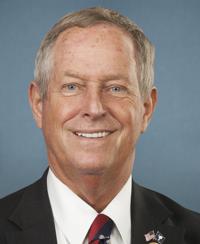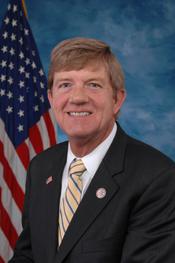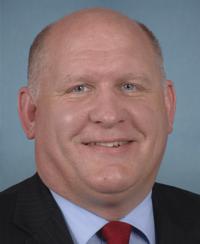0
Workforce Democracy and Fairness Act
3/14/2024, 12:48 PM
Congressional Summary of HR 4320
Workforce Democracy and Fairness Act - (Sec. 2) Amends the National Labor Relations Act to require the National Labor Relations Board (NLRB) to require that no investigative hearing take place until at least 14 days after the filing of an election petition regarding collective bargaining representation when the NLRB has reasonable cause to believe that the petition raises a question of representation affecting commerce. Requires such hearings to be non-adversarial, and the hearing officer, in collaboration with the parties, to identify any relevant and material pre-election issues.
Requires the NLRB, in cases where it finds that a question of representation exists, to: (1) direct an election by secret ballot as soon as practicable but not before 35 calendar days after the filing of the election petition, and (2) certify election results only after it has ruled on each pre-election issue not resolved before the election and any additional issue pertaining to the conduct or results of that election.
(Sec. 3) Revises requirements for determination by the NLRB of an appropriate bargaining unit before an election of collective bargaining representation. (In effect reverses the NLRB's August 26, 2011, decision in Specialty Healthcare and Rehabilitation of Mobile and its June 22, 2011, rulemaking regarding proposed changes to procedures involving the election of collective bargaining representation.)
Replaces the current restriction in the meaning of collective bargaining unit to employer unit, craft unit, plant unit, or subdivision. Requires the NLRB, instead, to determine a unit as appropriate for collective bargaining if it consists of employees that share a sufficient community of interest. Specifies factors the NLRB must consider when making such determinations.
Prohibits exclusion of employees from the unit unless the group's interest are sufficiently distinct from those of other employees to warrant the establishment of a separate unit.
